If you think the most innovative science fiction shows are found on the SYFY Channel, think again: these days, they’re more likely on Apple TV+.
Over the past decade, the premium streamer has quietly amassed a library of sci-fi shows that offer new ways to explore the genre.
These shows lean on the classics but are largely shaped by how we’re experiencing life in the present moment.

Apple TV+ is definitely not the only champion of sci-fi today, but its popular shows Foundation and Silo are great examples of two new directions the genre seems to be moving in.
Hard Sci-Fi Versus Soft Sci-Fi
Just like other broad entertainment genres, sci-fi contains a ton of different subgenres depending on how nerdy you want to get. The biggest of these subcategories are hard and soft sci-fi.
A super basic “righty-tighty, leftie-loosey” shorthand way to keep them straight is that hard sci-fi focuses on science while soft sci-fi focuses on fiction.
The distinction between these two can get blurred by a lot of shows and ultimately isn’t hugely important except in terms of figuring out what kind of sci-fi you gravitate toward.

For instance, I would have put Foundation squarely in the soft sci-fi camp due to its many religions, neverending sets of Dawn-Day-Dusk clones, and Hari Seldon’s disembodied consciousness popping up every few hundred years like the worst Jack in the Box ever.
However, Foundation is apparently considered hard sci-fi mostly because of its realistic mathematical projections. Because checking the math is what’s most important here, not checking out Lee Pace.
Foundation is a little bit of a curveball because it contains so many different stylistic elements. A more straightforward example of hard sci-fi is The Expanse, a show revered for its scientific accuracy.
Soft sci-fi focuses more on relationships and sociology. Star Trek is arguably the gold-standard example of this subgenre, where the technology serves the characters rather than being a focal point itself.
Of course, technology plays a huge part in Star Trek and many other soft sci-fi shows, such as Firefly. It’s just that the science behind that tech isn’t as dependent on accuracy as it is in hard sci-fi.
Watch Foundation Online

Speculative, dystopian, and alternate history shows fit in the soft sci-fi subgenre, but these categorizations tend to overlap.
While Severance is pretty straightforwardly speculative, you could also say that about The Handmaid’s Tale, which is more often described as dystopian.
Again, none of these categories or subgenres are “better” than any others. But it’s interesting to see just how many different shows fall under the sci-fi umbrella.
Is Sci-Fi Getting Outpaced By Reality?
Science fiction has a long history of anticipating technological advances in the real world.
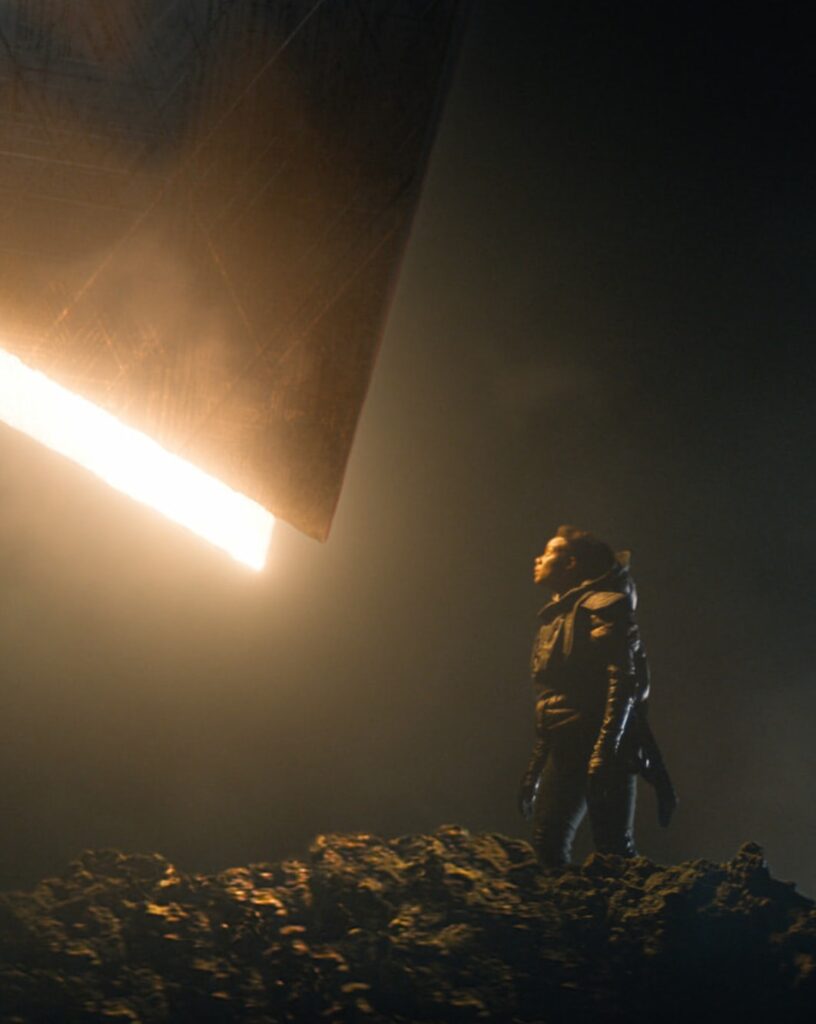
We may not yet have flying cars like the Jetsons, but a staggering number of innovations we take for granted today were predicted decades ago by sci-fi novels, short stories, and TV shows.
Credit cards, the internet, cell phones — at one point, all of these were just words on a page instead of tangible items in our actual lives.
It seemed an accepted fact that science fiction would always be a step ahead of what we actually saw around us. That is until the debut of Black Mirror on Netflix brought the technological horrors of the future much closer to home.
Black Mirror operated in the same near-future or alternate history present that films like Ex Machina and TV shows like Devs explored.
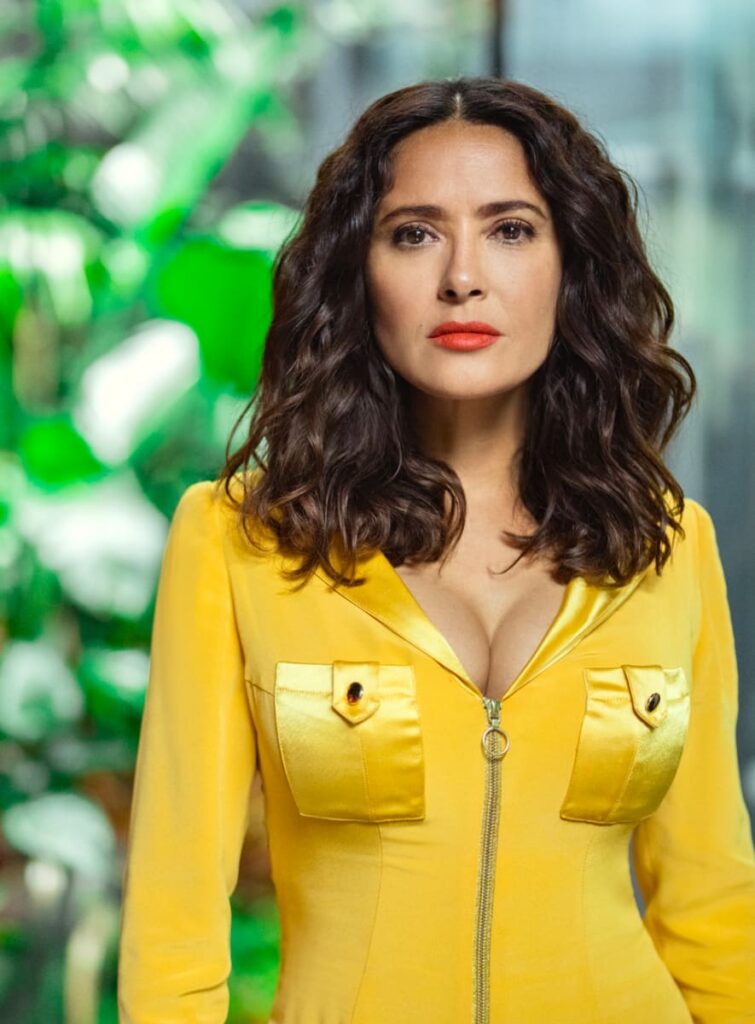
It featured an enjoyably plausible nightmarish existence that seemed too far-fetched to be worrisome — until it wasn’t.
We’re now effectively in a post-Black Mirror world where our current reality has surpassed almost anything the show could throw at us as a jump scare.
How Sci-Fi Is Changing To Suit Us
Science fiction shows have expanded to accommodate recent viewing trends.
Foundation may be based on a series of books written nearly seventy-five years ago, but its use of low-tech tribal cultures and alternate timelines echoes crowd-pleasing aspects of Game of Thrones and Marvel shows like Loki.

A blend of genres, time periods, and elaborate backstories isn’t alienating to contemporary audiences who are inundated with all kinds of content online.
They are used to juggling large amounts of seemingly unrelated information on a daily basis and are more tolerant of narratives without a clear endpoint.
This increased comfort with ambiguity is especially perfect for dystopian shows based on video games, like Fallout and The Last of Us.
Rather than expand its scope to include a little bit of everything, Silo is a more traditional dystopian show that narrows its focus to the point of claustrophobia.
Watch Silo Online

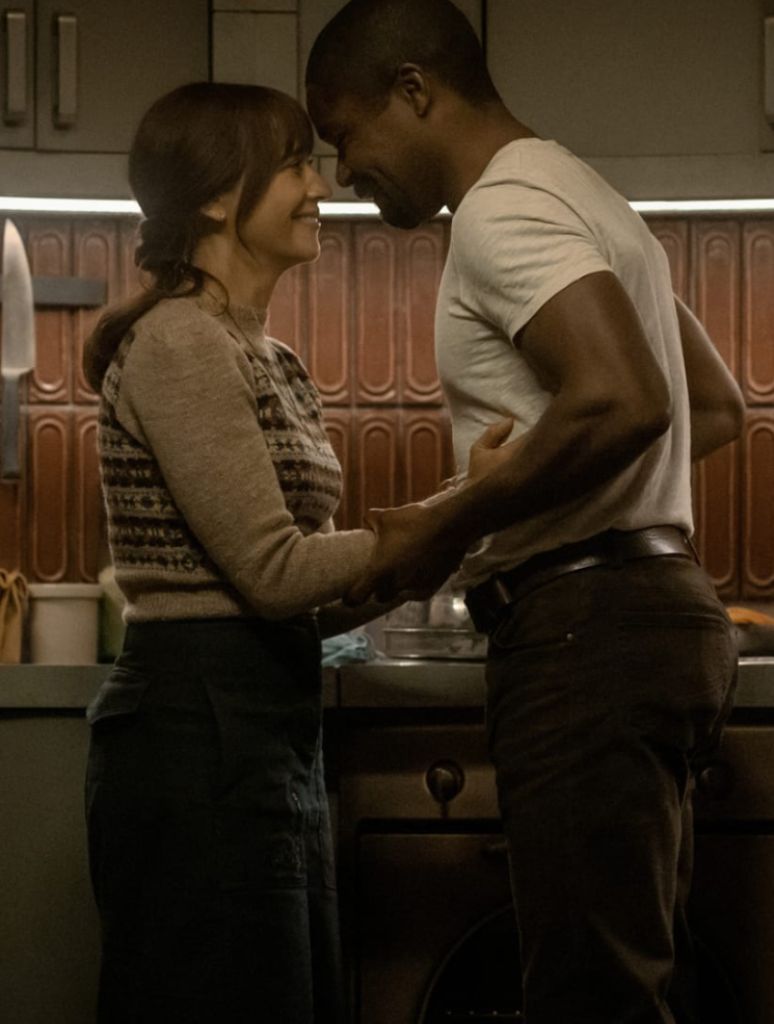
It also cloaks its advanced technology in analog trappings that blur the specific time period and history of the world in question.
This trait, shared by many dystopian works, imparts a timeless quality and also provides its characters with a greater sense of agency.
Tech experts thrive in this sci-fi environment as well, but all classes of people are able to use at least the basics of available technology.
This accessible, back-to-basics dystopian ethos blends our reliance on current technology with our perceived survivalist abilities.
The world as we know it may have imploded, but we have a chance at staying alive even if we’re not computer engineers because we can (maybe?) build a fire and replace the battery in a walkie-talkie.
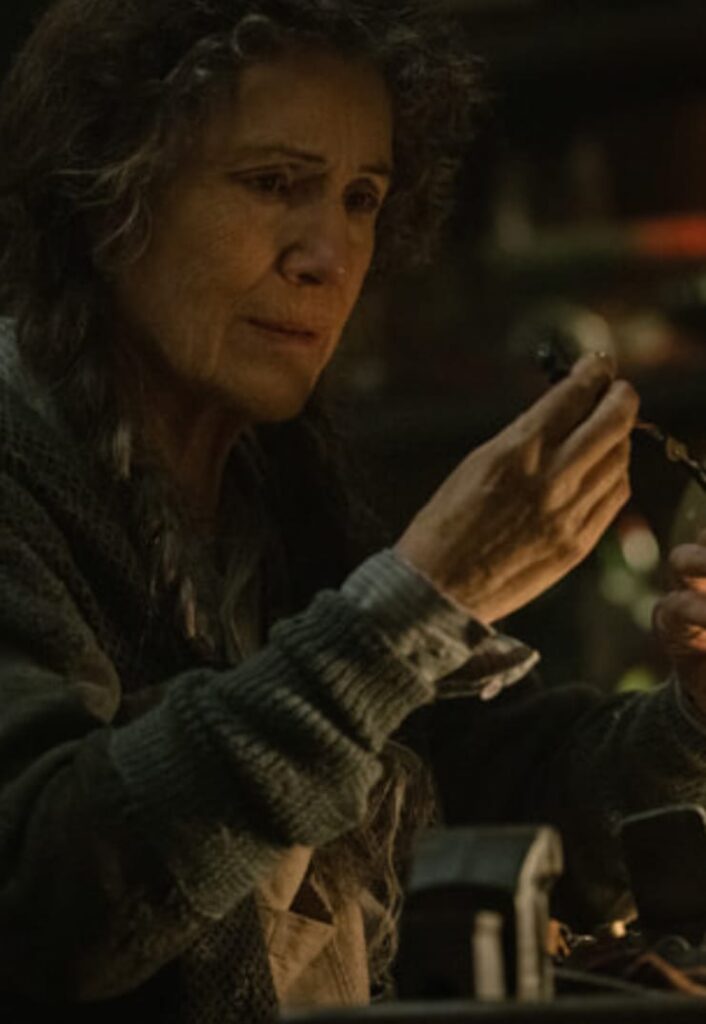
Dystopians also flip the narrative on how technological power is perceived.
In many science fiction works, technology is synonymous with progress and enlightenment, a la Star Trek and Quantum Leap. But in dystopian settings, those with technological power use it to subjugate.
If both the lofty, detached expansiveness of Foundation and the gritty, confined individualism of Silo resonated with audiences, what does that mean for sci-fi going forward?
There’s Always Room For More
Sci-fi may have lost some ground in terms of predicting our future, but it’s still unmatched as a snapshot of our current mood.
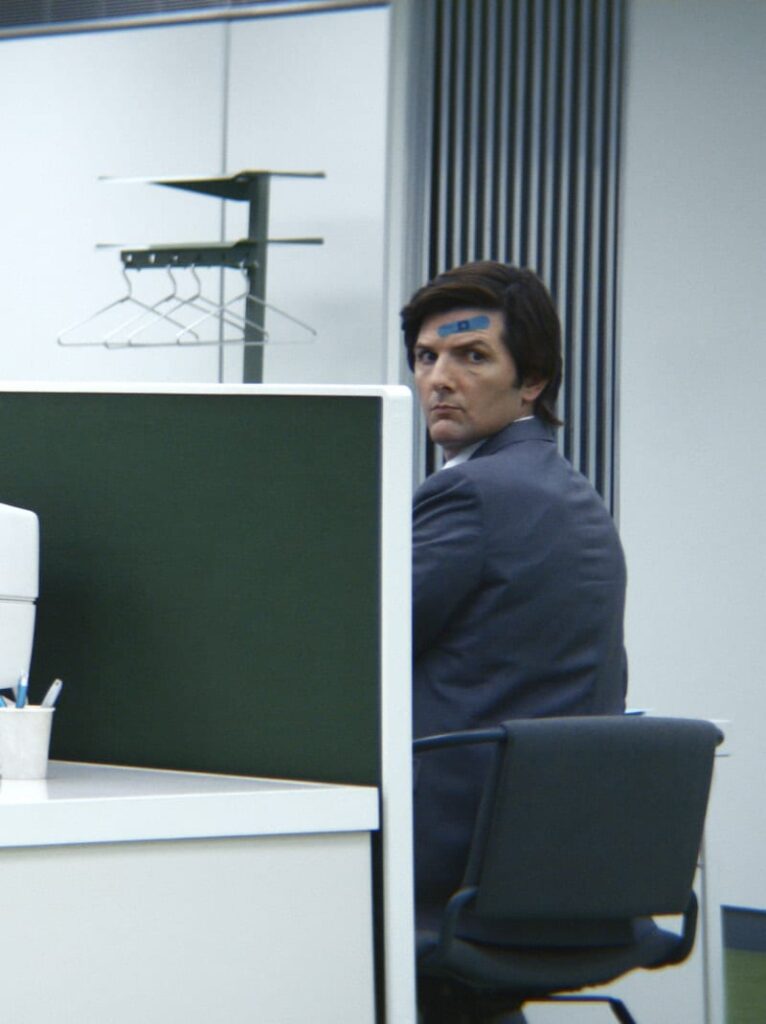
Alternate timelines aren’t new, but their mainstream acceptance into non-sci-fi genres has become more commonplace over the past decade.
For All Mankind goes all in on this subgenre, taking the concept of America losing the space race far into the future.
The show’s grounding in actual history differentiates it from Foundation, where alternate timelines branch off a line of history that was imaginary to begin with.
A sci-fi show that’s based in reality also provides tangible stakes for the audience, who are more likely to be invested in a “What If?” that is easier to imagine actually happening.
The thought of being in the “wrong timeline” can be a source of both comfort and terror. But it also provides a non-denominational view of immortality where alternate versions of yourself coexist across an infinite span of timelines.
This is appealing on many levels, including the notion that it might be possible to jump into a different reality in an expansion of the Sliding Doors concept.
This notion ties back to our constant inundation of information, where we’ve accepted the concept of infinite complexity, but we also yearn for an escape to a simpler reality.
Can We Still Have Spaceships?
Just because sci-fi is creeping into earthbound genres (noir mystery in Sugar, workplace thriller in Severance) doesn’t mean we have to leave the stars behind.

There will always be a place for “traditional” sci-fi that takes place in outer space and encounters alien civilizations.
After all, those have been the genre’s hallmarks for decades. But it’s thrilling to watch sci-fi branch out into new territory that even it didn’t see coming.
Science fiction has never been closer to our current time than it is in the present moment.
Perhaps the genre’s most significant shift is that now, we’re facing the future together.
Do you think sci-fi is heading in a new direction, or is it feeling about the same to you?
Share your thoughts in the comments below!
The post The Future Is Here: How Shows Like Foundation and Silo Are Defining Modern Sci-Fi appeared first on TV Fanatic.